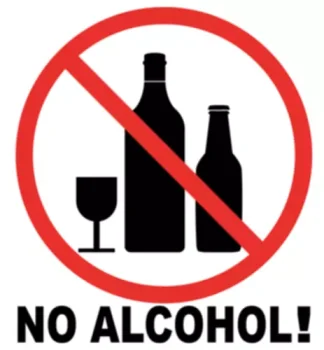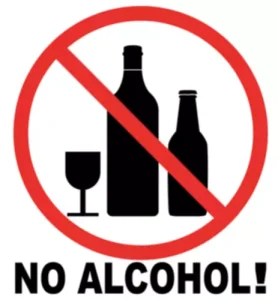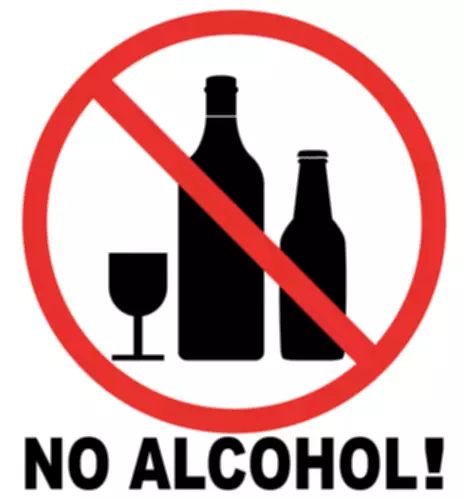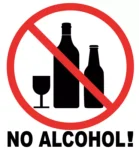Hangovers National Institute on Alcohol Abuse and Alcoholism NIAAA

Hangovers after a single night’s drinking go away on their own. Talk with your healthcare professional if you’re concerned that frequent heavy drinking may lead to serious problems, such as alcohol withdrawal. However unpleasant, most hangovers go away on their own, though they can last up to 24 hours.
- Hangover symptoms range from a mild headache to nausea and vomiting.
- Postdrome is the 24- to 48-hour period that follows a migraine.
- Slowing the rate of alcohol absorption will reduce the risk of a severe hangover.
- New research focuses on the theory that hangovers involve inflammation.
Packing your hurricane go bag? Make provisions for your health
However, you can have a hangover any time of the day—they usually begin between three and ten hours after drinking. Various factors influence the intensity of hangover symptoms. They include body weight, sex, alcohol type, and a person’s drinking speed. Some people take pain relievers to prevent hangover symptoms.

Underlying Health Conditions
Symptoms of a hangover generally last about 24 hours, but some people feel better after a few hours while others may have symptoms that persist for more than a day. Hangover intensity how long does a hangover last and duration are individual to the person and how much alcohol was consumed. A migraine hangover can even affect other areas of the body besides the head.

Is it typical to be nauseous all day when hungover?
- But the best hangover cure is to wait it out and drink lots of water.
- Plus, hangovers tend to be more severe after drinking on an empty stomach.
- Alcohol can irritate the stomach lining, causing acid release and inflammation.
These symptoms vary from person to person and can range in intensity from mild to severe. During this period, an individual may have severe mental and physical stress due to alcohol withdrawal. The best way to prevent hangovers is to avoid drinking. If you find that you are unable to control your drinking, it is essential to seek help. An over-the-counter (OTC) pain medication may relieve hangover headaches and muscular pains. Take these medications with a meal to avoid stomach irritation or further harming your stressed liver.

How can I prevent a hangover (or reduce its severity)?
It’s possible to reduce hangover symptoms by eating food and drinking plenty of water while you’re consuming alcohol, but there’s only so much you can do to avoid one. Some people deficient in a protein called alcohol dehydrogenase 2 (ALDH2) may experience some symptoms similar to a hangover during intoxication. These symptoms include flushing, sweating, and an increased heartbeat. While this is not technically a hangover, it can feel like one.

Other things you do — or don’t do — when you drink alcohol can affect whether you get a hangover and how bad it is. If you don’t eat anything and drink on an empty stomach, for example, you may feel worse because your bloodstream will take in the booze more quickly. And if alcohol use disorder runs in your family, you may have certain genes that affect the way you process liquor. Like so many other answers to science questions, “it depends.” Body weight and gender are very important factors. Certain ethnic groups (Japanese, for example) have a genetically reduced ability to break down acetaldehyde, the main byproduct of alcohol, as it is first processed in the liver.
- Most people who get hangovers can diagnose themselves based on their alcohol consumption and symptoms.
- Always check with your healthcare provider or pharmacist before drinking if you take any medications.
- It can be tempting to try quick hangover remedies, like a shower, coffee or greasy breakfast.
- In the study, participants using red ginseng had lower concentrations of ethanol and increased acetaldehyde levels compared with placebo.
- It’s possible that some chemicals in wine and how the body responds to them could result in a headache after drinking wine.
- For best results, you will want to hydrate before you start drinking, while you’re drinking and afterwards.

Moments after feeling that pounding headache, dry mouth and nausea, you are likely pondering just how long you will have to endure this unfortunate situation. We go over how long you can expect a hangover to last and some things you can do to get back to feeling like your normal self. Always check with your healthcare provider or pharmacist before drinking if you take any medications. Alcohol has a diuretic effect that makes you pee more, leading to dehydration if you’re not also drinking water. If you drink enough alcohol to vomit, then that’s even more fluid lost. If you haven’t eaten, you’re a lot more likely to have stomach pain and vomiting after drinking.




